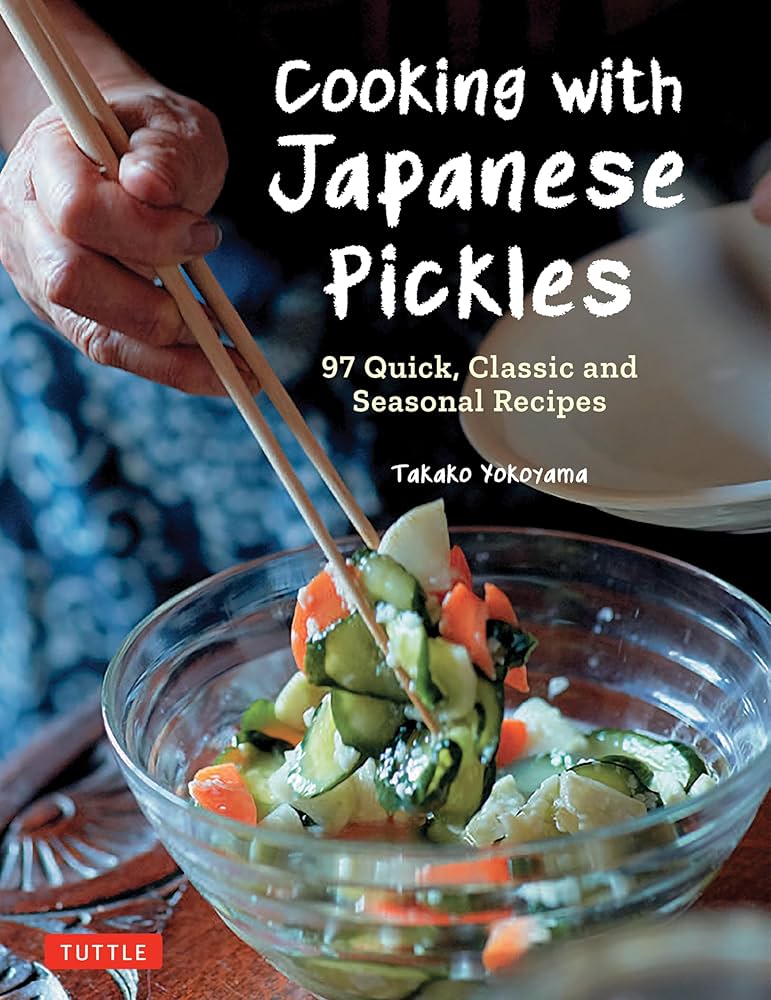Discover the Joy of Fermented Pickles: A Guide to Seasonal Gardening
Are you ready to dive into the delightful world of pickling? Seasonal gardening can be a rewarding endeavor, especially for those looking to enhance their culinary skills with the tangy flavors of homemade pickles. This guide explores how to cultivate the right vegetables in your garden, maximizing your harvest for delicious pickling this season.
Choosing the Right Vegetables for Pickling
Select your vegetables wisely! Cucumbers are undoubtedly the star of the show when it comes to pickling, but don’t overlook the delightful flavors of carrots, radishes, and even green beans. Consider the varieties best suited for pickling, such as the crisp, small cucumbers known as pickling cucumbers.
You can purchase seeds or seedlings from local nurseries, ensuring their quality and suitability for your climate. For more information on the different types of pickling vegetables, check out resources from The Old Farmer’s Almanac.
Freshly harvested cucumbers ready for pickling
Timing Is Everything
Timing your planting is crucial for a successful harvest. Many gardeners suggest sowing seeds after the last frost date for your area. Most pickling vegetables, especially cucumbers, thrive in warm weather. Aim for a planting period where the soil temperature reaches at least 70°F, promoting faster germination and growth.
It’s also wise to stagger your planting to ensure you have fresh produce throughout the season. Regular harvests will keep your pickling endeavors thriving and help prevent any excess excess produce from going to waste.
Soil and Fertilization Tips
Creating the perfect growing environment is essential. Ensure well-drained soil rich in organic matter, which can be prepared by adding compost or well-rotted manure. Frequent testing of soil pH can help you achieve the ideal balance, typically around 6.0 to 7.0 for most pickling vegetables.
Don’t forget about fertilization! A balanced fertilizer applied according to package directions can keep your plants healthy and vigorous. Follow Gardening Know How for more tips on soil health.
Healthy soil promotes robust vegetable growth
Watering Practices
Watering is one of the most critical aspects of vegetable gardening. Consistent moisture will result in crunchier pickles, so be sure to water your plants deeply and regularly, particularly during hotter months. Drip irrigation systems can be beneficial, allowing for efficient water delivery directly to the roots, reducing evaporation and promoting healthy growth.
Picking and Preparing Your Harvest
Once your vegetables are ready to be harvested, pick them at their peak freshness. The ideal pickling cucumbers are typically harvested when they are about 6 to 8 inches long, before they become too large and seedy.
After harvesting, ensure your vegetables are clean and free from any dirt or pests. You may want to use a vegetable brush to clean cucumbers and other root vegetables thoroughly.
“Freshness is crucial in the pickling process; even a day can make a significant difference to flavor and texture.”
The Art of Pickling
Now the fun really begins! Explore different pickling methods, such as quick pickling or fermenting. Quick pickling can be done in a matter of hours, requiring simple brine mixtures of vinegar, salt, and water. Fermenting, on the other hand, takes longer but yields tangier and more complex flavors.
Various spices and flavorings can be added for extra kick, such as dill, garlic, and mustard seeds. Refer to Food Network for additional recipes and techniques.
Creative styles of homemade pickles ready for sharing
Storage Tips for Your Pickles
Once you’ve successfully pickled your vegetables, storage is key. Use sterilized jars to ensure longevity, and keep them sealed tightly to avoid spoilage. Depending on the method of pickling, your jars can be stored in the refrigerator or processed in a hot water bath for shelf-stable storage.
Make sure to label your jars with the contents and date of preparation, to keep track of your pickling adventures!
Conclusion: Celebrate Your Harvest
Embrace the joy of your bountiful harvest and relish in the satisfaction of creating something special from your garden. Each jar of pickles represents your hard work and creativity—share them with friends and family, or enjoy them as the perfect addition to meals throughout the year.
Seasonal gardening is not just about growing vegetables; it’s about preserving memories and flavors—one pickle at a time.


 Photo by
Photo by 












